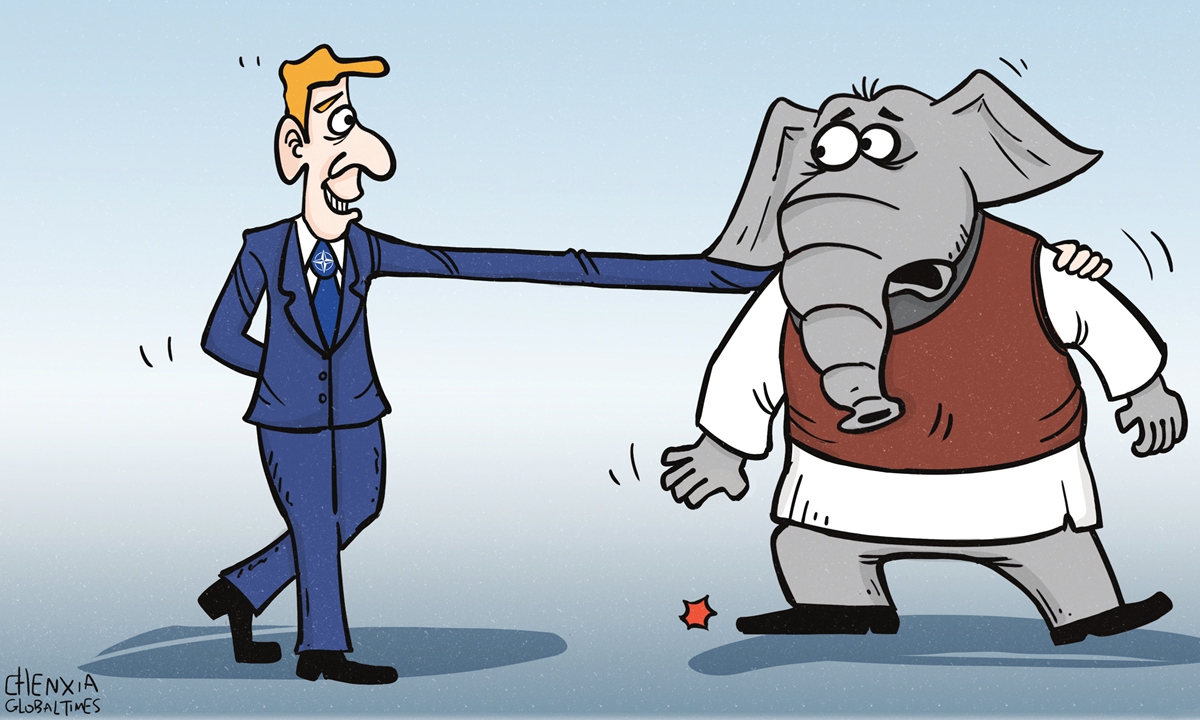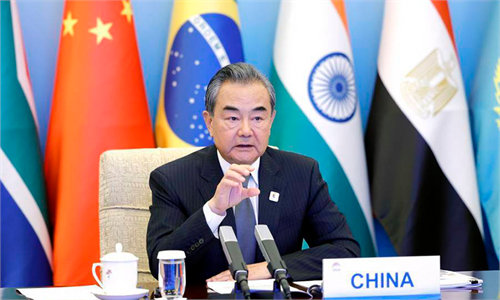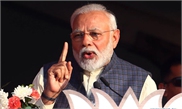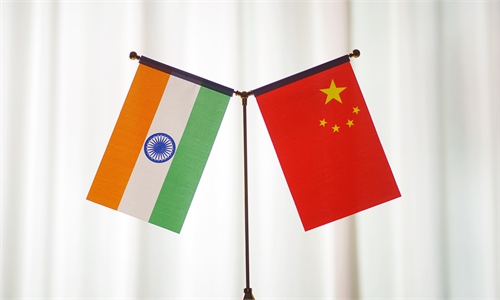
Illustration: Chen Xia/GT
The NATO summit, recently concluded in Madrid, Spain, released the bloc's new Strategic Concept, pointing a finger at Russia and defining China as a "systemic challenge." NATO also invited non-NATO members in the Asia-Pacific region to attend the summit, including Japan, South Korea, Australia and New Zealand. It made a high-profile announcement to increase its involvement in Asia-Pacific affairs and introduced a series of military policies.After the summit, some Indian media outlets have been discussing that as NATO's anti-China tirade grows, will India join in? There have been relevant analyses since last year. In an article entitled, "NATO: India's next geopolitical destination," published in March 2021, Hindustan Times said that "Indians should be under no illusions that a truly non-aligned path remains a viable option."
As a matter of fact, as a key part of the US' Indo-Pacific Strategy to contain China, India is somehow dissatisfied that it has been left outside the NATO summit. India believes it is a deliberate act by US and European countries, as well as a US' punishment for India being not firm enough in opposing Russia and China, and not clear in its pro-US stance.
Since Indian Prime Minister Narendra Modi came into power in 2014, India has substantially adjusted its non-alignment policy and adopted a series of pro-US policies. India has accelerated its pace of moving toward the US in terms of the Quad mechanism, trade, investment and other aspects. Over the past 10 years, the US and India have signed multiple security agreements and India has become a quasi-military ally of the US.
But the US has not really viewed India as a close partner, and always feels that India is not obedient enough. Therefore, in addition to the Quad, the Biden administration has created an Anglo-Saxon AUKUS. The US' strategic doubts about India are much too obvious.
After the outbreak of the Russia-Ukraine conflict, the US and its allies took turns to pressure India, trying to make India take a tougher stance on Russia. The US and its NATO allies did not invite India to the NATO summit, which is mainly due to Washington's dissatisfaction that India refused to condemn and sanction Russia on the Ukraine issue.
On the other hand, the Indian strategic circle is cautious about the cooperation between India and NATO, but does not rule out the possibility of limited cooperation. Indian public opinion advocates that with the acceleration of NATO's push into the Asia-Pacific, India should not rule out the possibility of dialogues and issue-based limited cooperation with NATO.
Currently, India lacks realistic conditions and motivation to join NATO, but it may conduct opportunistic cooperation with NATO when necessary. India's public opinion is divided on the nature of NATO. Some Indian experts claim that India and NATO can explore joint cooperation positions through regular dialogue mechanisms, exchange views on issues including counter-terrorism and geopolitical situation. Some also say that India can jointly build an Indo-Pacific maritime security alliance with NATO.
The level and extent of India's cooperation with NATO depends on how India's foreign policy evolves and how India assesses its strategic autonomy. In the foreseeable future, India will have limited cooperation with NATO. India's attitude toward Russia and its China policy will make India think twice before enhancing cooperation with NATO.
Besides, NATO has launched or been involved in a series of regional conflicts and wars since its establishment. It has failed to manage its relations with Russia and hyped up wars in Europe. India also has long-standing strategic suspicion toward the US. These factors also greatly restrain India's cooperation with NATO.
India's mainstream view on its diplomatic strategy will still be seeking to benefit from cooperation with both the East and the West, and realizing its dream of a major power within the framework of strategic independence. It is unwilling to be a junior partner of the US and the West, or pulling the chestnuts out of the fire for the US at the price of a deterioration in its own strategic environment.
Lan Jianxue is director of the Department for Asia-Pacific Studies at the China Institute of International Studies (CIIS). Lin Duo is a research fellow of the Department for Asia-Pacific Studies at CIIS. opinion@globaltimes.com.cn



